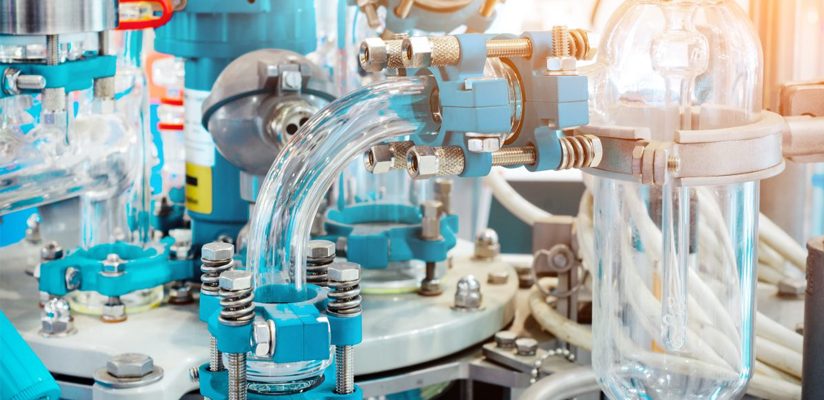
The chemical industry plays a vital role in modern society, providing essential materials for various sectors. However, it is crucial to examine the potential negative consequences associated with this industry. In this blog post, we will delve into the intricate relationship between the chemical industry and air pollution. By exploring different aspects and providing in-depth analysis, we aim to shed light on the subject and raise awareness about the environmental challenges we face.
- Understanding Chemical Industry Emissions:
The chemical industry encompasses a wide range of activities, including manufacturing, processing, and transportation. These activities often involve the release of pollutants into the atmosphere. Emissions from chemical plants, refineries, and transportation vehicles contribute significantly to air pollution. Understanding the types and sources of these emissions is crucial in addressing the issue effectively. - Harmful Effects of Chemical Industry Emissions:
The emissions from the chemical industry can have severe consequences for both human health and the environment. Air pollutants such as volatile organic compounds (VOCs), nitrogen oxides (NOx), and particulate matter (PM) can lead to respiratory problems, cardiovascular diseases, and even cancer. Additionally, these pollutants contribute to the formation of smog and acid rain, further degrading air quality and harming ecosystems. - Industrial Practices and Air Pollution:
Examining the industrial practices within the chemical industry is essential to identify areas for improvement. Implementing advanced technologies, such as pollution control devices and cleaner production methods, can significantly reduce emissions. Additionally, promoting sustainable practices, such as recycling and waste management, can minimize the environmental impact of the industry. - Regulatory Framework and Industry Responsibility:
Government regulations and policies play a crucial role in mitigating air pollution caused by the chemical industry. Strict emission standards, monitoring systems, and penalties for non-compliance are necessary to ensure industry accountability. Moreover, industry leaders should take responsibility by investing in research and development of cleaner technologies and actively participating in sustainability initiatives. - Collaborative Efforts for a Sustainable Future:
Addressing air pollution caused by the chemical industry requires collaborative efforts from various stakeholders. Governments, industry associations, environmental organizations, and the public must work together to find innovative solutions. Encouraging dialogue, sharing best practices, and fostering partnerships can lead to a more sustainable future for the chemical industry.
Conclusion:
The chemical industry undoubtedly plays a crucial role in our daily lives, but it is essential to acknowledge and address its contribution to air pollution. By understanding the emissions, harmful effects, industrial practices, regulatory framework, and collaborative efforts, we can pave the way for a cleaner and healthier environment. It is our collective responsibility to ensure that the chemical industry progresses towards sustainability, minimizing its impact on air quality and safeguarding the well-being of future generations.

